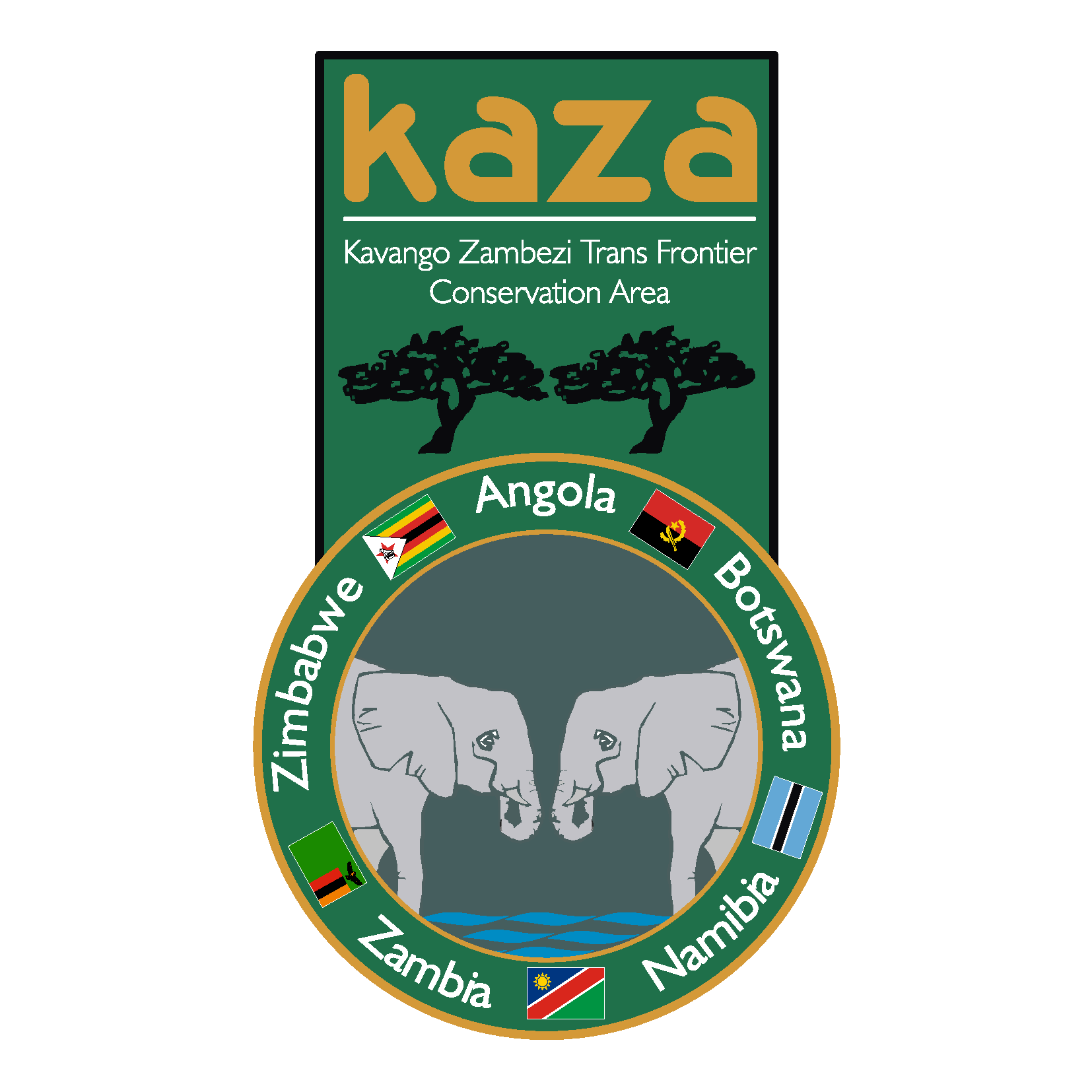
NATURAL resource conservation watchdog, Community Leaders Network and Resource Africa has commended progress made since the signing of the historic Kavango-Zambezi Trans-frontier Conservation Area (Kaza TFCA) Treaty in 2011.
The landmark agreement established the world’s largest trans-frontier conservation area, with the mandate to foster regional co-operation, biodiversity conservation and sustainable development.
The Kaza TFCA lies in the Kavango and Zambezi river basins, where Angola, Botswana, Namibia, Zambia and Zimbabwe converge.
In an interview this week, Resource Africa programmes director Siyoka Simasiku applauded the Kaza clauses underscoring the critical need to empower local communities while ensuring they benefit from conservation and development initiatives.
“Since 2011, significant investments have been made in community development projects, forums and various initiatives aimed at uplifting local populations. The Community Leaders Network and Resource Africa acknowledge these efforts and the tangible progress achieved to date,” Simasiku said.
“Notable projects have included infrastructure development, capacity building and sustainable livelihood programmes, all contributing to the socio-economic enhancement of the region.
“The role of the Community Leaders Network has been instrumental in advocating for community rights, ensuring that local voices are heard and considered in all conservation and development plans.”
Since its establishment in 1989, Resource Africa has consistently worked to promote sustainable resource management and the empowerment of local communities across the region.
- Stakeholders commend Kaza conservation stance
Keep Reading
“Our joint efforts have been pivotal in driving forward community-centric conservation practices. However, despite these advancements, we express concern that Kaza has not yet developed an effective platform for meaningful community participation,” Simasiku said.
“The principle of ‘plan with us, not for us’ has been clearly articulated by the communities, emphasising the need for genuine engagement and collaboration.
“Regrettably, Kaza’s current approach falls short of this ideal, often overlooking the crucial input and involvement of the very communities it aims to support.”
He said the Kaza TFCA symposium held in Livingstone, Zambia, exposed the glaring absence of local communities.
“A more befitting gesture would have been to at least invite a chief from the Kaza region to open the summit, symbolising true community involvement and respect,” Simasiku said.
“This oversight highlights the need for Kaza to engage more effectively through the established national networks and the Community Leaders Network to improve relations with local communities.
“We call upon Kaza and all stakeholders to reaffirm their commitment to community empowerment and to develop robust mechanisms for meaningful community participation.”










